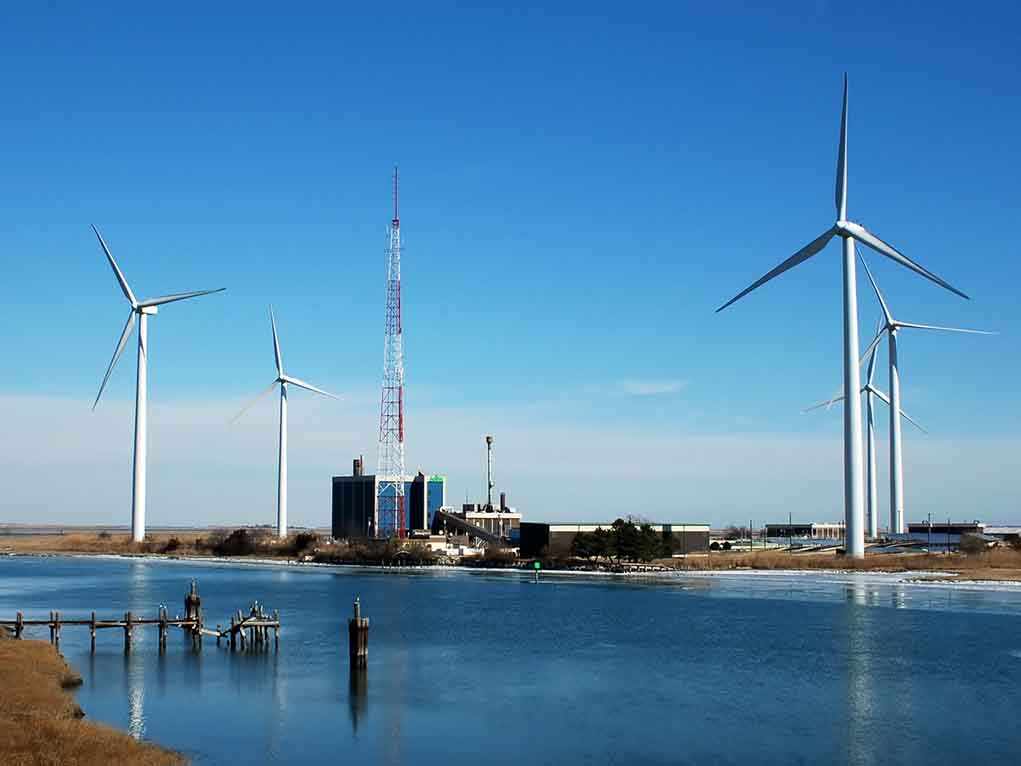
A recent judicial ruling challenges the Trump administration’s efforts to maintain energy independence, sparking debate among conservatives.
Story Snapshot
- A federal judge has blocked the Trump administration’s offshore wind crackdown.
- This decision aligns with longstanding debates over maintaining the status quo in energy policy.
- Conservatives express concern over potential impacts on U.S. energy independence.
- The ruling underscores tensions between environmental regulation and economic priorities.
- Experts warn of potential long-term implications for energy policy and constitutional rights.
Judicial Ruling on Offshore Wind Policy
A federal judge recently blocked the Trump administration’s initiative to curb offshore wind projects. This decision has sparked significant debate, particularly among those advocating for energy independence and economic stability. The ruling is seen as a setback for efforts to maintain traditional energy policies, which are viewed by some as essential for national security and economic growth. This decision reflects ongoing tensions between environmental regulations and the need for stable energy supplies.
Implications for Energy Independence
This ruling raises concerns among conservatives who prioritize energy independence as a cornerstone of national policy. The ability to leverage domestic energy resources is seen as crucial for reducing reliance on foreign oil and promoting economic stability. Critics argue that this judicial intervention represents an overreach that could undermine these priorities. They fear it might lead to increased energy costs and reduced economic competitiveness, as the nation navigates complex global energy markets.
The decision also highlights a broader struggle over the status quo in energy policy. Proponents of the ruling argue it is necessary to transition toward sustainable energy sources. However, this approach faces resistance from those who see such changes as threats to established industries and economic structures. The tension between maintaining existing energy policies and adapting to new environmental demands continues to be a contentious issue.
Constitutional and Economic Concerns
The ruling has sparked concerns about potential constitutional implications, particularly regarding government overreach into energy policy. Conservatives argue that such judicial decisions could erode the principles of limited government and individual freedoms. This sentiment is echoed by those who believe in the importance of preserving traditional industries against what they perceive as radical environmental agendas.
Judge hands Trump admin bad news over offshore wind crackdown https://t.co/rbMNhUghn9
— BPR (@BIZPACReview) September 23, 2025
Economically, the decision could have far-reaching effects. Industries dependent on traditional energy sources may face new challenges, including regulatory hurdles and increased operational costs. This could lead to job losses and economic disruptions, further intensifying debates over the role of government in shaping energy policy. As these discussions unfold, the balance between environmental stewardship and economic pragmatism remains a pivotal issue for policymakers and citizens alike.
Sources:
Helpful Professor (Dr. Chris Drew, PhD)
US Legal Forms: Status quo in law











